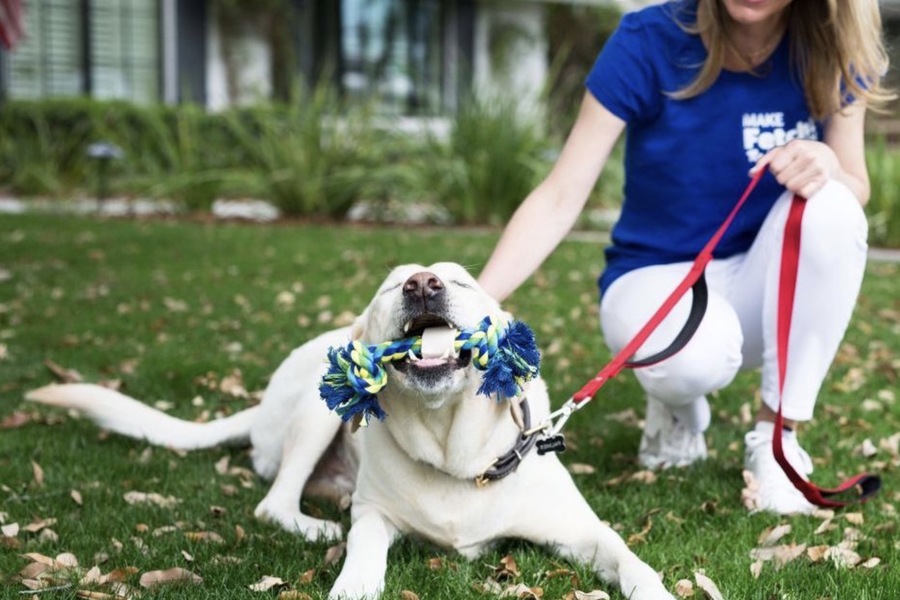Urban areas around the world face the challenge of managing stray cat populations. These animals often struggle to find food, shelter, and medical care, leading to public health concerns and animal welfare issues. In cities like Dubai, community efforts play a crucial role in addressing these problems. This article explores various initiatives and strategies that communities can implement to support stray cats, with a focus on Dubai and the UAE region.
Understanding the Stray Cat Problem
Stray cats are a common sight in many urban environments. They are often the result of unsterilized pets being abandoned or lost. Without intervention, stray cat populations can grow rapidly, leading to overcrowding and increased competition for resources. This situation can result in health problems for the cats and nuisance issues for residents.
In Dubai, the hot climate and dense urban landscape exacerbate the difficulties faced by stray cats. These animals often suffer from dehydration, malnutrition, and diseases that spread quickly in densely populated areas. Effective community efforts are essential to manage and reduce these populations humanely.
The Importance of Community Involvement
Community involvement is vital for the success of any stray cat management program. Local residents, businesses, and organizations can all contribute to efforts to improve the lives of these animals. Public awareness and education are the first steps to garner support for such initiatives.
Educating the community about the benefits of cat sterilization and responsible pet ownership can help prevent future stray cat populations. Sterilization controls population growth and reduces behaviors associated with mating, such as fighting and marking territory.

Trap-Neuter-Return (TNR) Programs
Trap – Neuter – Return (TNR) is a well-known approach for effectively managing populations of stray cats. TNR is a compassionate method that involves trapping stray cats, sterilizing them, and then returning them to their original locations. This approach is effective in achieving population stabilization and gradual reduction over time.
In Dubai, various organizations, including the Dubai Municipality, have taken proactive measures to tackle the problem of stray cats. These programs heavily depend on the support of community volunteers who help trap cats and provide post-operative care. TNR programs are highly effective as they address the underlying issue of uncontrolled breeding, which is the root cause of the problem.
Feeding Stations and Shelters
Feeding stations and shelters are another critical aspect of community efforts to support stray cats. Providing a consistent food source helps to improve the health and well-being of stray cats, reducing their need to scavenge and potentially come into conflict with humans. Shelters offer protection from harsh weather conditions and give cats a safe place to rest.
In urban areas like Dubai, strategically placing feeding stations and shelters can help manage stray cat populations more effectively. These facilities should be monitored and maintained by community volunteers to ensure cleanliness and prevent the spread of disease.
Veterinary Care and Health Monitoring
Regular veterinary care is essential for maintaining the health of stray cat populations. Vaccinations, parasite control, and treatment for injuries and illnesses are crucial components of a comprehensive care program. Community efforts can include organizing veterinary clinics that offer free or low-cost services for stray cats.
In the UAE, mobile veterinary units have proven to be an effective solution. These units can travel to different neighborhoods, providing on-site medical care and cat sterilization services. By bringing veterinary care directly to the cats, these units ensure that even the most elusive animals receive the attention they need.
Collaboration with Animal Welfare Organizations
Collaboration with animal welfare organizations can significantly enhance community efforts to support stray cats. These organizations often have the resources and expertise needed to implement large-scale programs and provide education and outreach to the community.
In Dubai, partnerships between the government and non-profit organizations have been instrumental in addressing the stray cat issue. Organizations such as the Emirates Animal Welfare Society work alongside municipal authorities to promote TNR programs, provide veterinary care, and educate the public about responsible pet ownership.
Legal and Policy Frameworks
Effective management of stray cat populations also requires supportive legal and policy frameworks. These frameworks can include regulations on pet ownership, mandatory sterilization, and penalties for abandoning pets. Strong policies help to ensure that community efforts are sustainable and effective.
In Dubai, the government has implemented regulations to control the stray cat population. For example, the Dubai Municipality mandates that all pet cats be sterilized and microchipped. These measures help to reduce the number of cats that end up on the streets and make it easier to reunite lost pets with their owners.
Public Awareness Campaigns
Public awareness campaigns are crucial for educating the community about the importance of supporting stray cats. These campaigns can highlight the benefits of TNR programs, the need for sterilization, and the ways in which individuals can get involved.
In the UAE, media outlets, social media platforms, and community events are used to spread awareness about stray cat management. By reaching a broad audience, these campaigns help to foster a culture of compassion and responsibility towards animals.

Volunteer and Community Engagement
Volunteer engagement is a cornerstone of successful community efforts to support stray cats. Volunteers can assist with trapping, feeding, providing veterinary care, and educating the public. Community engagement initiatives can include neighborhood meetings, workshops, and training sessions for volunteers.
In Dubai, volunteer groups often collaborate with local authorities and animal welfare organizations to maximize their impact. By working together, these groups can pool their resources and expertise to create more effective and comprehensive programs.
Monitoring and Evaluation
Monitoring and evaluation are essential components of any community effort to support stray cats. Regularly assessing the effectiveness of programs and making necessary adjustments ensures that resources are used efficiently and that goals are being met.
Data collection and analysis play a crucial role in this process. By tracking the number of cats sterilized, the health status of the population, and the incidence of public complaints, communities can measure the success of their efforts and identify areas for improvement.
Conclusion
Supporting stray cats in urban areas requires a multifaceted approach that involves the entire community. From TNR programs and feeding stations to veterinary care and public awareness campaigns, there are many ways that communities can help improve the lives of stray cats. In Dubai and the UAE, these efforts are particularly important given the challenges posed by the local environment. By working together, residents, businesses, and organizations can create a more humane and sustainable future for stray cats.

I am a Junior Web Developer for Oswald Technologies. I am an accomplished coder and programmer, and I enjoy using my skills to contribute to the exciting technological advances that happen every day at Oswald Tech.
